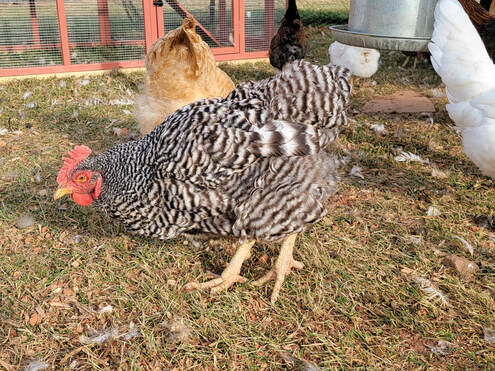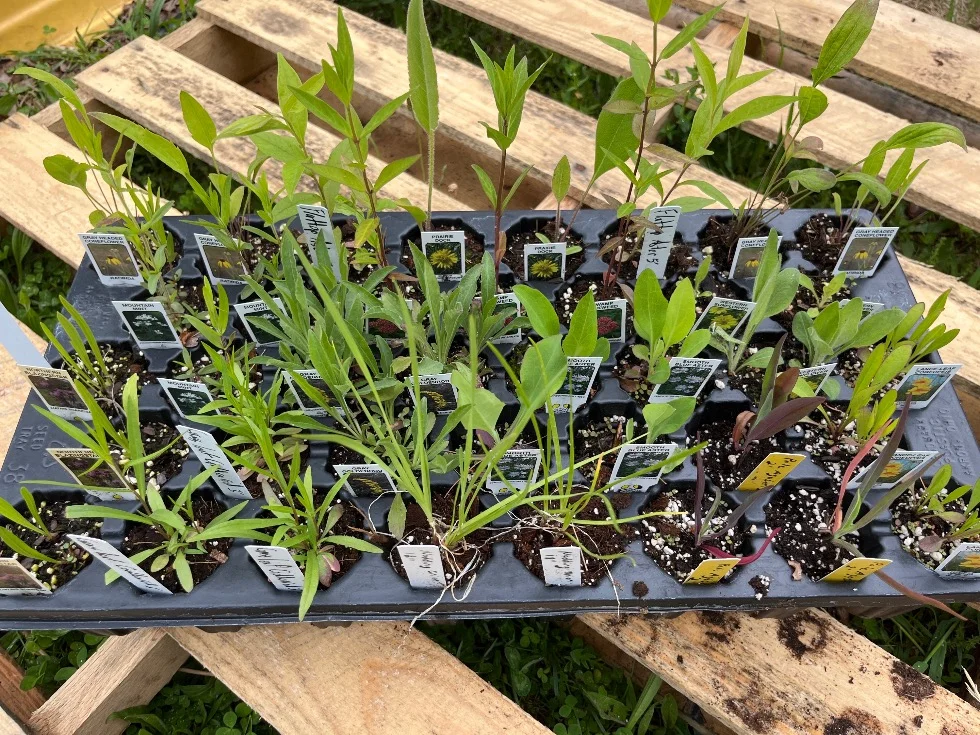Description
Fertilizers and soil amendments are crucial in maintaining soil fertility, improving plant growth, and enhancing crop yields. They provide essential nutrients and improve soil structure, water retention, and microbial activity. Here are some common types and purposes of fertilizers and soil amendments:
Fertilizers:
- Nitrogen Fertilizers: Essential for leafy green growth and overall plant vigor. Examples include:
- Urea: A concentrated nitrogen source that is released quickly into the soil.
- Ammonium nitrate: Provides both nitrogen and readily available ammonium.
- Phosphorus Fertilizers: Promote root development, flowering, and fruit set. Examples include:
- Superphosphate: Contains phosphorus in a form readily available to plants.
- Bone meal: Organic source of phosphorus, slow-release.
- Potassium Fertilizers: Enhance plant health, disease resistance, and fruit quality.
- Potassium sulfate: Provides potassium in a readily available form.
- Wood ash: Contains potassium and other minerals and is used as a source of potassium in organic gardening.
- Complete Fertilizers (NPK): Balanced formulations containing nitrogen, phosphorus, and potassium in various ratios suitable for different growth stages and plant types.
- Organic Fertilizers: Derived from natural sources, such as compost, manure, or organic plant materials. They improve soil structure and microbial activity while providing nutrients gradually.
Soil Amendments:
- Compost: Improves soil structure, water retention, and nutrient availability. It also enhances microbial activity and reduces soil erosion.
- Manure: Adds organic matter, improves soil fertility, and enhances microbial activity. Different types include cow, horse, chicken, and composted manure.
- Peat Moss: Improves soil structure, water retention, and aeration. It is commonly used to lighten heavy soils and retain moisture.
- Perlite and Vermiculite: Lightweight minerals used to improve soil aeration and water retention in container gardening and seed starting mixes.
- Gypsum: Improves soil structure, especially in clay soils, by loosening compacted soil and improving water penetration.
- Lime: Raises soil pH levels and improves nutrient availability, particularly in acidic soils.
- Green Manure: Cover crops grown and incorporated into the soil to improve fertility, suppress weeds, and prevent erosion.






Suwaiba –
This digital service is a game-changer for anyone serious about sustainable agriculture. It provides expert insights into organic fertilizers and amendments, helping me make informed decisions that benefit both my crops and the environment. It’s an essential tool in my farming arsenal
Yahuza –
As someone new to organic farming, I found this digital service to be incredibly helpful. It’s packed with practical tips and resources that make choosing the right fertilizers and amendments straightforward. Plus, the interactive tools have made planning my garden a breeze.
Ikenna –
This digital service has revolutionized how I approach organic gardening. The wealth of information on natural fertilizers and soil amendments is invaluable. It’s like having a personalized consultant guiding me towards healthier soils and better yields. I can’t recommend it enough.